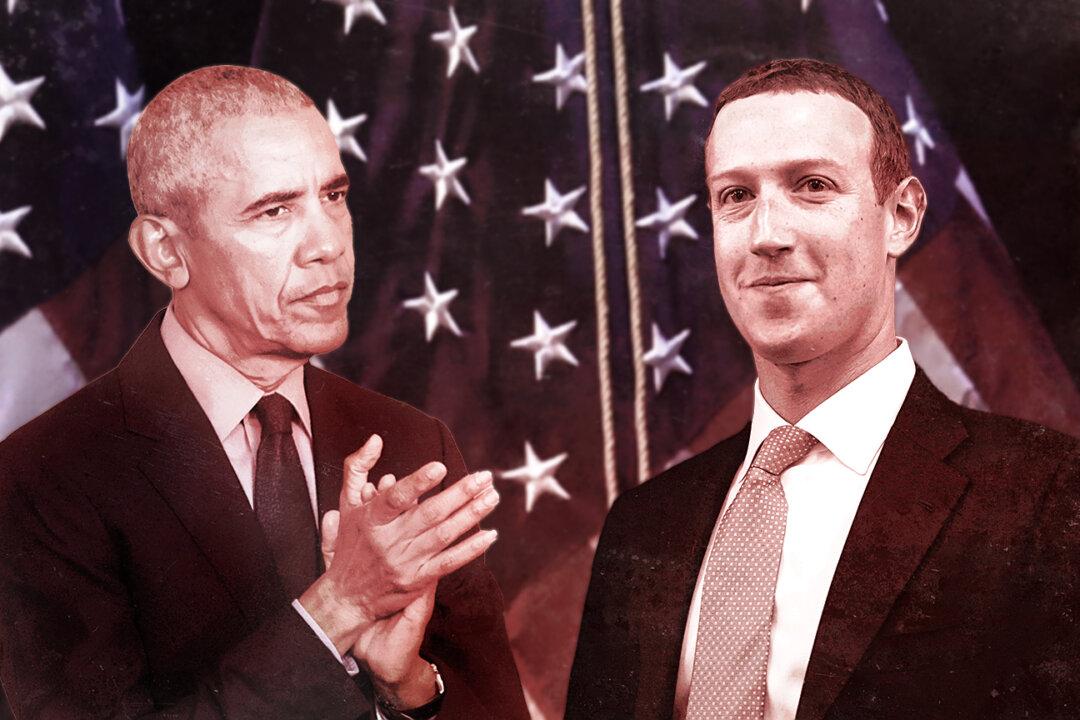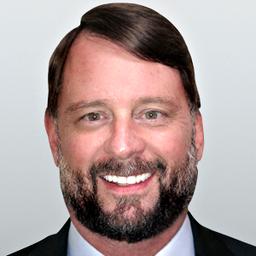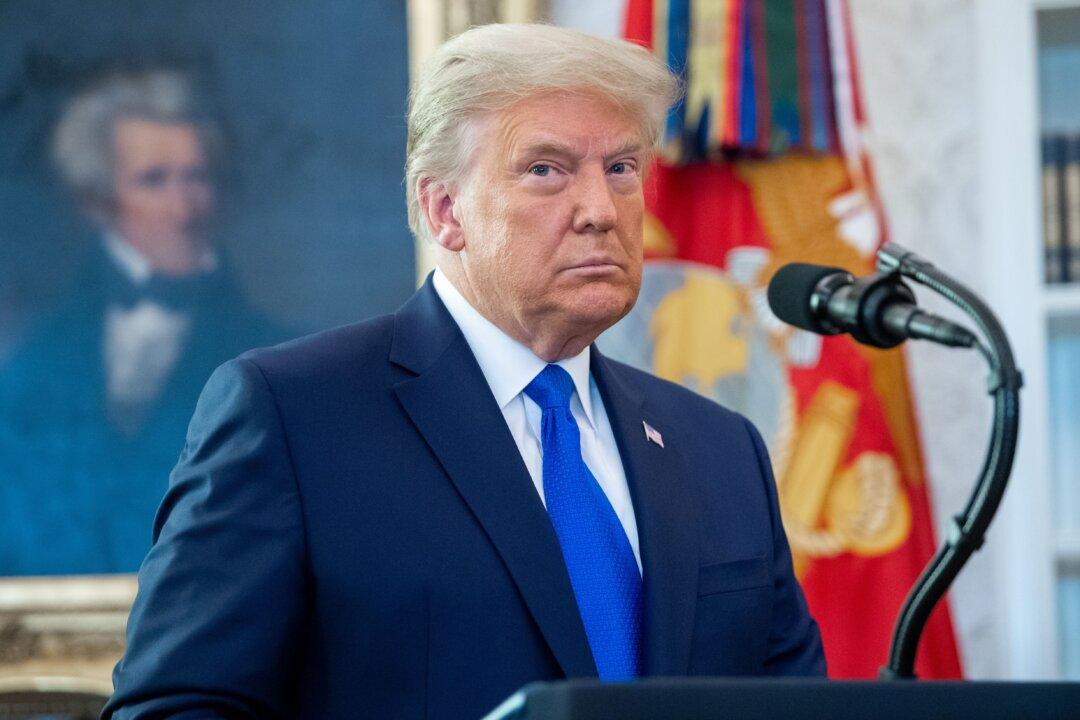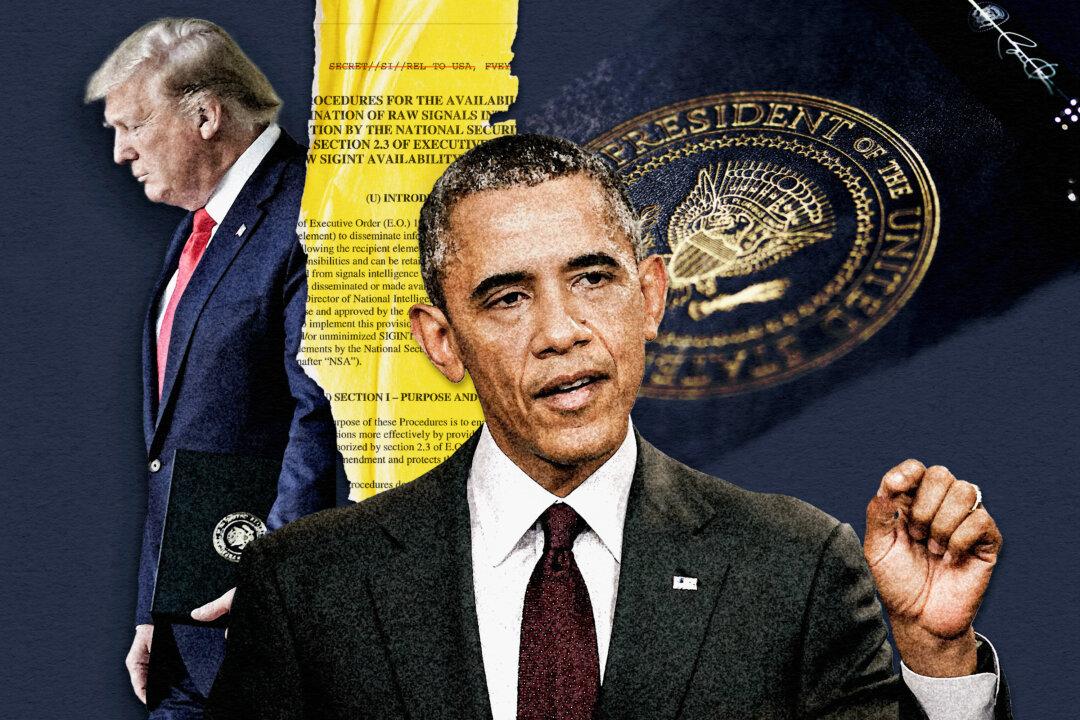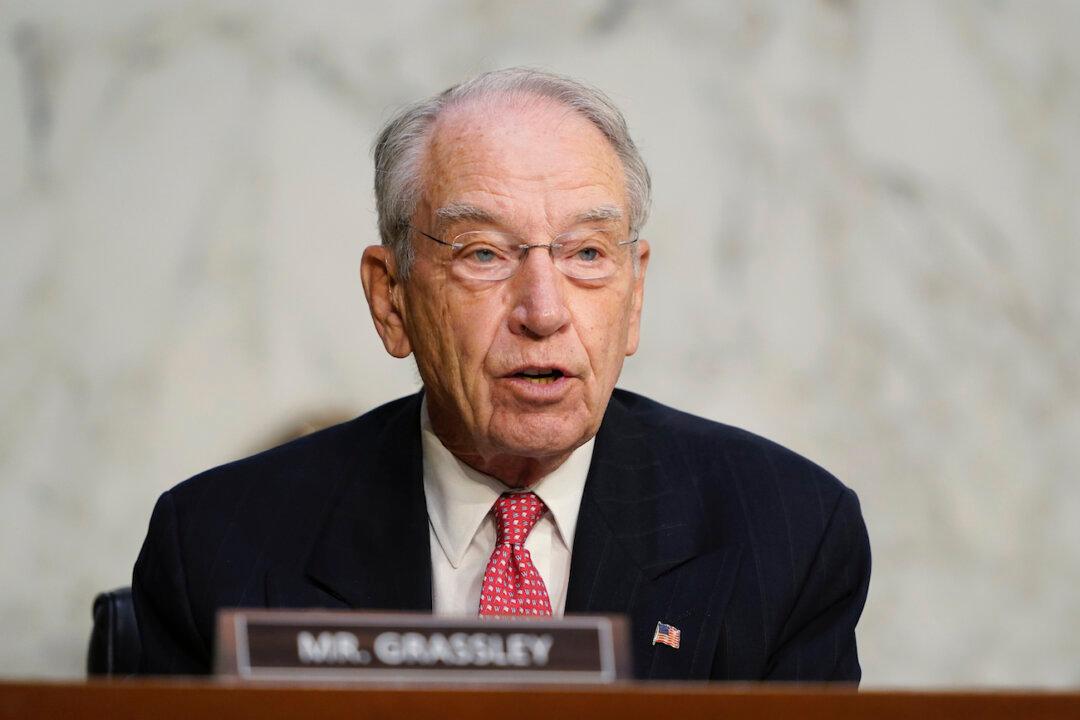News Analysis
As radio host Mark Levin recently noted, when it comes to Democrats and real campaign violations, “there is no justice.” In contrast to the weak charges leveled against former President Donald Trump, Levin provided a series of concrete examples of Democrat campaign violations, including the $719,000 in fines against participants in the 1996 Democratic Party fundraising scandals.
